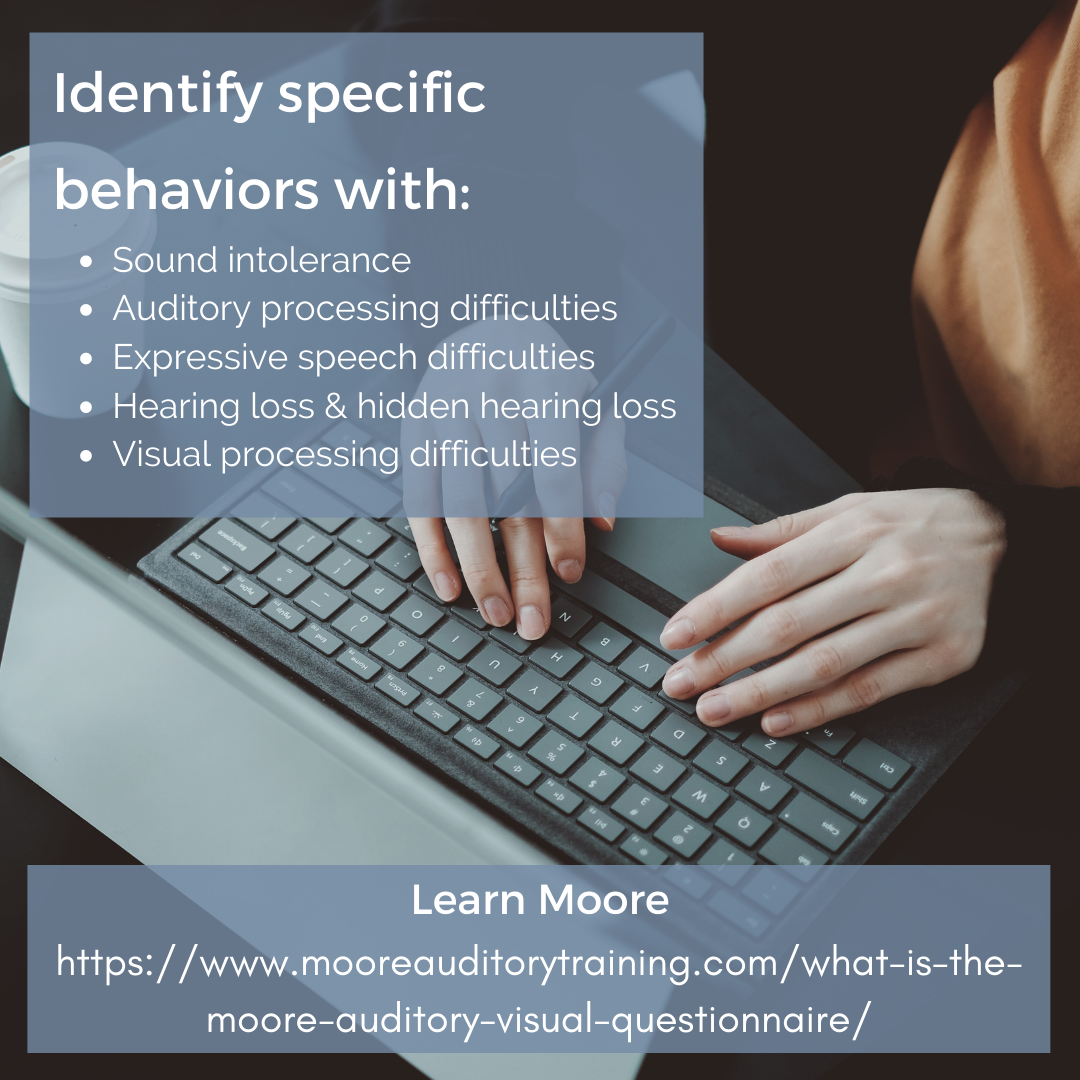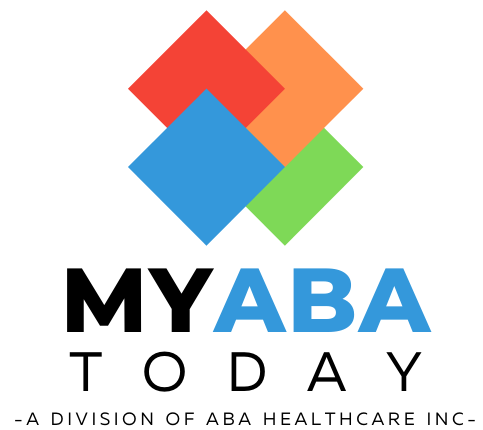A synthetic version of the “trust” hormone oxytocin, delivered as a nasal spray, has been shown to improve social responsiveness among some children with autism, researchers from the University of Sydney have found.
Published today in the journal Molecular Psychiatry, the trial is the first to rigorously examine the effects of oxytocin over a long time period in young children with autism spectrum conditions (ASC). ASC affect many aspects of a child’s development, including social and communication development.
But while it’s an important step forward, the effects observed in the study are simply too small and too inconsistent – and the stakes are simply too high – for anyone to herald a new autism wonder drug.
CURRENT TREATMENTS
Behavioural therapies are considered the first line of therapies for ASC, and on many fronts, these have proven to be effective. The drawbacks, which are not discussed as often as they should, are the considerable costs.
Consider for a moment that one recommended regimen of behavioural therapy is upwards of 20 hours per week. Highly trained therapists cost approximately A$150 for every one-hour session, and so the financial burden adds up very quickly. Only a small number of families have the capacity to allocate the necessary resources to these kinds of programs. This leaves the majority of families seeking therapy alternatives.
The search for effective pharmaceutical therapies is not just due to the financial and time costs associated with behavioural interventions, but also because these behavioural therapies are not highly effective for all children with ASC.
Autism has had a faddish relationship with pharmaceuticals. Numerous drugs over the past half a century have shown promise for benefiting individuals with ASC, and almost instantaneously achieve world-wide fame. But without fail, after further rigorous research, each of these drugs have been found to be no more effective than a placebo.
Other drugs have been found to be ineffective in reducing core ASC behaviours, such as social and repetitive behaviours, but may provide benefits for associated difficulties, such as sleep or anxiety.
Fads come and go. Hope gets raised and inevitably dashed. It was into this landscape that oxytocin began being tested as a potential pharmaceutical for ASC.
WHAT IS OXYTOCIN?
Oxytocin is a hormone that affects social cognition and behaviour and has been the “molecule of the moment” for close to a decade. The human brain produces oxytocin naturally and is involved in promoting childbirth and lactation reflexes.
Research in ASC has focused on the possible effects of providing the brain with a dose of synthetic oxytocin. In studies of adults, the administration of oxytocin as a nasal spray has been found to improve trust as well as several aspects of social ability, including eye gaze and emotion recognition. These latter abilities are characteristic difficulties of individuals with ASC, and so oxytocin was very quickly examined as a potential pharmaceutical therapy for ASC.
Until this point, studies examining the effects of oxytocin on individuals with ASC have produced contradictory findings. Several research groups have identified small improvements in social behaviours in adults with ASC, while others have identified little to no benefits (in studies of adults children, and adolescents).
THE NEW STUDY
The study included 31 children with an ASC aged between three and eight years of age.
The study used what is called a “cross-over” design, which involves two phases of drug administration. In the first phase, each child is allocated to receiving either oxytocin or the placebo. After five weeks of taking the drug, the groups then switch, so that the group that received the oxytocin in the first phase now receives the placebo, and vice versa for the group that initially received the placebo.
This is a neat design because it means that participants act as their own “control”. This enables scientists to directly compare each child’s abilities after taking oxytocin with their abilities after taking the placebo.
The children received the oxytocin or a placebo through a nasal spray bottle. The placebo looked and smelled exactly like the oxytocin spray, but contained none of this active ingredient. Children received one spray of the relevant bottle in each nostril, morning and night.
Importantly, the study was “double-blind”, which meant that neither the family nor the investigators knew what was in the spray bottle during each phase until the conclusion of the trial. After the trial finished, the researchers were “unblinded” to the content of the spray bottles.
The key finding was that the children with ASC showed significant improvements in “social responsiveness” after a period receiving oxytocin, but no improvements after a period receiving the placebo. Social responsiveness refers to abilities such as social awareness, reciprocal social interaction and social anxiety avoidance. In this study, social responsiveness was assessed by the parent using a widely used questionnaire.
However, oxytocin was found to be no more effective than the placebo in its effect on measures of repetitive behaviours and emotional difficulties.
WHAT DOES THIS MEAN?
This was a rigorously conducted trial, and the results indicate that oxytocin may provide small benefits to some children with ASC.
There are limitations to this study that must be acknowledged. While the number of children included in this trial is among the largest of any previous study – particularly given the “cross-over” design, which increases the statistical power – the sample size is too small to make any sweeping conclusions about the importance of oxytocin in ASC intervention.
But the study does provide a strong platform upon which further science can be conducted.
Larger studies of oxytocin as a potential therapeutic for ASC are currently underway in both the United States and Australia and will provide a greater evidence base in this area, as will studies examining the effect of oxytocin in conjunction with more traditional behavioural therapies.
However, despite these preliminary positive findings, it is important to remain keen observers of the complicated history between ASC and the limited progress into new pharmaceuticals.
And in that context, the decade of research on oxytocin that has preceded this study is highly instructive. Oxytocin may provide benefit to some children with ASC, but it is not a panacea and it cannot yet be recommended for children until further studies are conducted.











